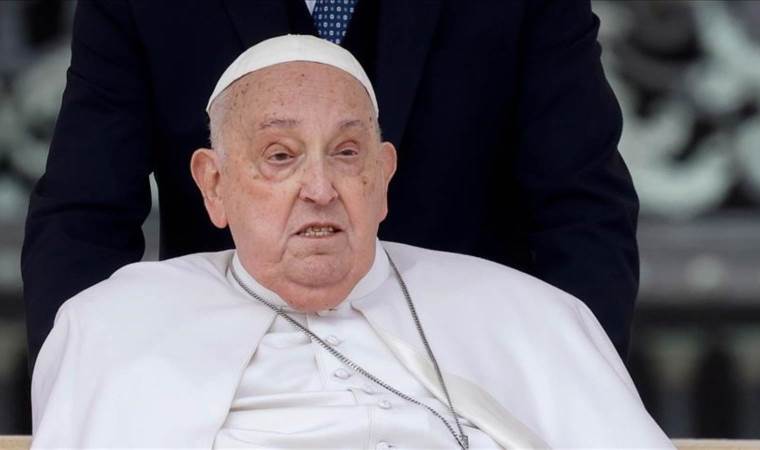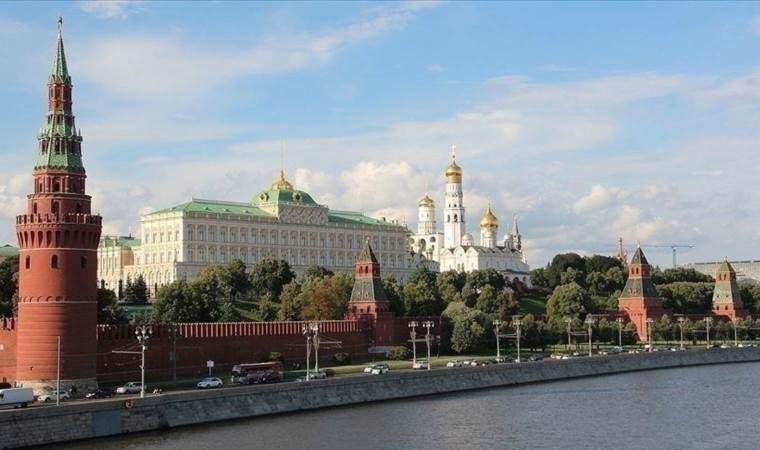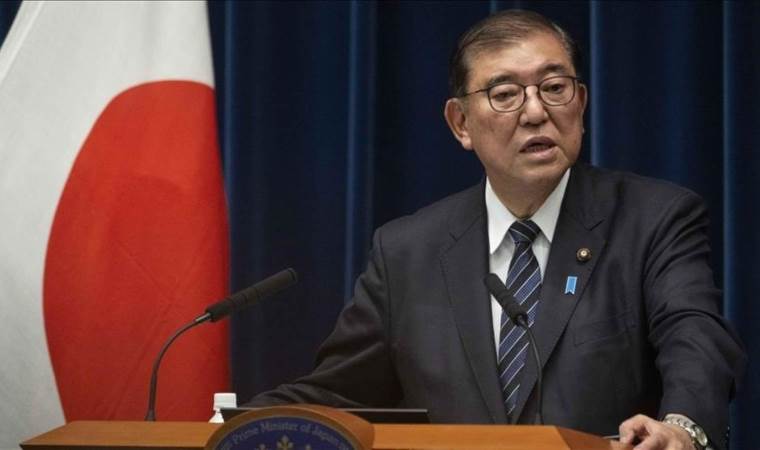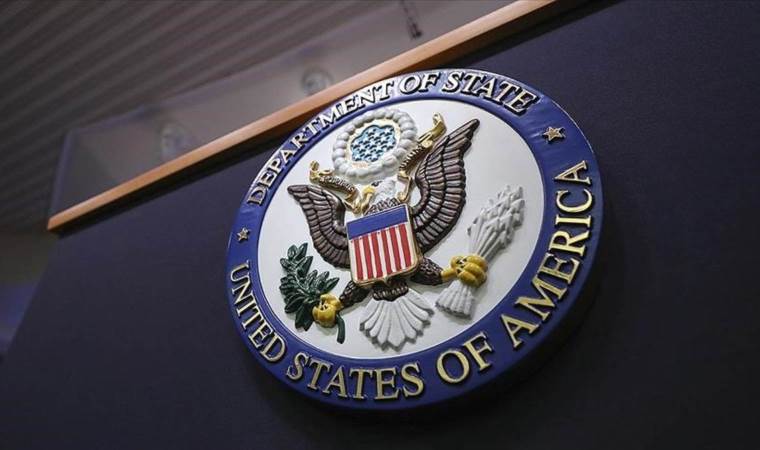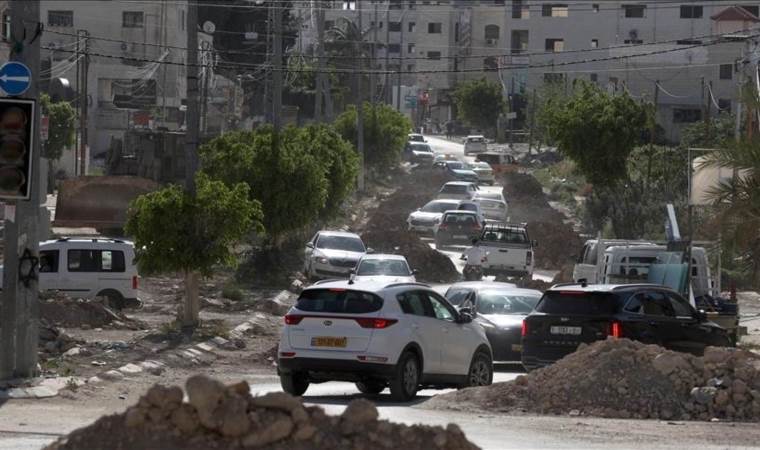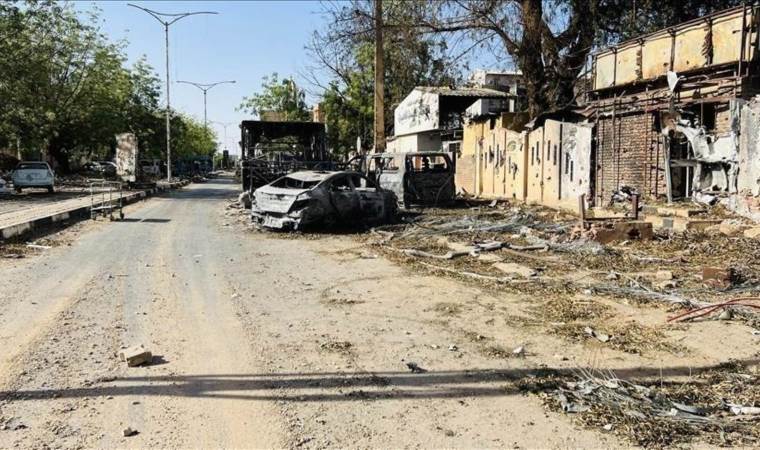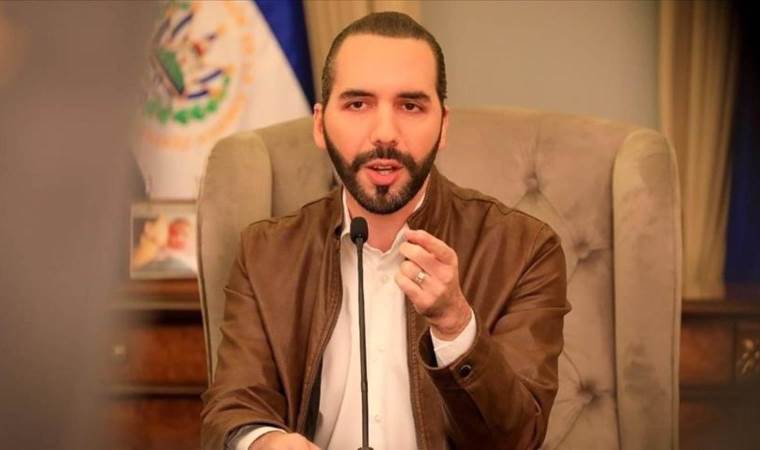Coerced Decisions: Unpacking the Gezi Verdict Reversal
Henry Miller once wisely remarked, "No good can come from what is achieved by force." Presently, we find ourselves perilously close to the clutches of malevolence.
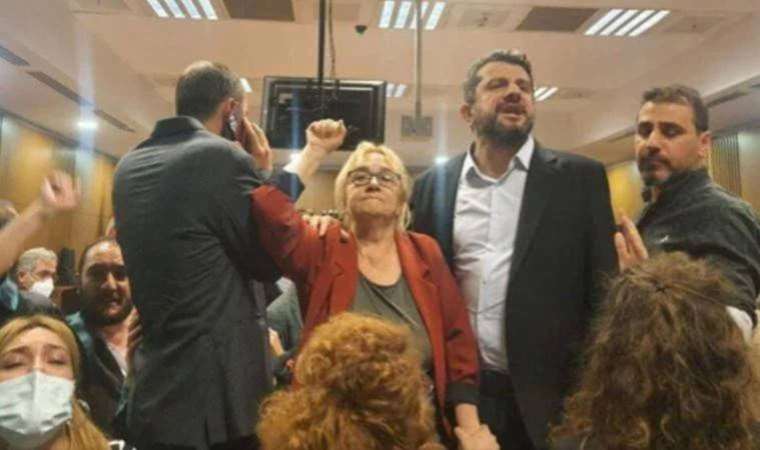
The Court of Cassation has delivered its long-awaited verdict, affirming the sentences of Osman Kavala, Can Atalay, Tayfun Kahraman, Çiğdem Mater, and Mine Özerden in the Gezi Park protests case. While the world fixates on this new judgment, my thoughts linger on the older one.
Cast your mind back to February 18, 2020, when the Istanbul 30th High Criminal Court acquitted all defendants in the Gezi trial, granting Osman Kavala his freedom. Tragically, Kavala's release was intercepted at the prison gates. President Erdoğan voiced his discontent with the court's decision, claiming it was a strategic ploy. That very day, the High Council of Judges and Prosecutors greenlit an inquiry into the three judges who had granted the acquittal. Kavala found himself incarcerated once more.
Curiosity led me to ponder the fate of those judges whose decisions underwent scrutiny in 2020. Galip Mehmet Perk, the court's president, suffered a character assassination in government-backed media. The accusations were manifold - ties to over 200 FETÖ-affiliated individuals, an uncle on trial for FETÖ (Gulenist terrorist organization) membership, a name change from Kalo, and a supposed premonition of the Gezi verdict 15-20 days prior.
NO SIGNS OF INFLUENCE
On April 4, 2022, three investigators from the High Council of Judges and Prosecutors (HSK) concluded their exhaustive report on the presiding judge, Galip Mehmet Perk, alongside members Ahmet Tarık Çifçioğlu and Talip Ergen, who had overseen the Gezi trial. The report spanned 193 pages.
Allow me to state this unequivocally...
The three inspectors conveyed these pivotal lines in their report on the judges: "(...) There is no evidence that they made decisions under the influence..."
In essence, the HSK inspectors affirmed that the judges who had issued the acquittal verdicts did so devoid of coercion, threats, or blackmail.
EVEN THEIR PAST WAS SCRUTINIZED
Did the HSK unearth any ties between Perk and FETÖ, as the pro-gülenist media asserted?
Hold your breath!
The HSK inspectors collected 20 separate statements from judges and prosecutors who had worked alongside President Galip Perk, even tracing back to his university roommates. Not a trace of FETÖ affiliation was found. They scoured his phone for any trace of Bylock - none. Investigated if calls had been made from a payphone - none. They even scrutinized his subscriptions to Digiturk, Tivibu, and Superonline, probing for signs of FETÖ influence. Notably, it was unearthed that he had pursued a one-year master's degree at a university shuttered by a government decree. Following a thorough investigation by the HSK inspectors, Galip Perk emerged entirely free of any FETÖ connections.
Let's delve into two other matters that triggered disciplinary action against Galip Perk and two of his colleagues...
One pertained to a charge of "unlawful evidence." In a nutshell, the inspectors contended: If you acquitted the defendants in the Gezi trial based on evidence deemed improper, why then did you persist in detaining individuals with this evidence throughout the trial? This suggests that you hadn't scrutinized the evidence adequately.
The second matter concerns Galip Perk exclusively. The inspectors convened with 10 witnesses, all members of the judiciary. They arrived at a unanimous verdict. According to their collective perspective, in the days leading up to Perk's acquittal, he engaged in discussions about the case with colleagues, even declaring his intent to issue a sentence in the Gezi case. However, on the day of the trial, he altered his stance. Sharing his opinion with external parties was deemed a breach of judicial ethics. Consequently, a reassignment penalty was proposed. While the 2nd Chamber of the HSK has yet to reach a final verdict on the judges, this report stands.
JUDGES PRESSURED, VERDICT RENDERED
And thus...
In the Gezi trial, two and a half years ago, an acquittal was granted. The judge's determination was overturned, and an inquiry was launched, demanding, "How could you acquit?" The HSK undertook a meticulous investigation. Ultimately, they found no trace of connection between the judges and FETÖ, affirming that their decisions remained uninfluenced. These same judges continued to preside over pivotal cases, including the Adnan Oktar trial. However, the climate over the past two and a half years has been vastly different... The judges now grasped all too well which verdicts were undesirable to the higher-ups. They understood that an acquittal would brand them as FETÖ affiliates, leading to inquiries and a host of repercussions, including character assassinations. By wielding the threat of "acquit them again if you dare" over the judiciary, the desired verdict was secured over two and a half years. Today, the narrative of "The independent judiciary has made its decision" is being propagated.
The day the judge's gavel is divorced from the ruler's decree, decisions will be etched in conscience, not coercion.
Most Read News
-
 Pope Francis dies at 88 after prolonged illness: Vatican
Pope Francis dies at 88 after prolonged illness: Vatican
-
 Kremlin ‘satisfied’ with US position ruling out NATO mem
Kremlin ‘satisfied’ with US position ruling out NATO mem
-
 Russia, Ukraine report airstrikes as Putin’s Easter ceas
Russia, Ukraine report airstrikes as Putin’s Easter ceas
-
 Trump ‘values’ talks with Japan, says Premier Ishiba ami
Trump ‘values’ talks with Japan, says Premier Ishiba ami
-
 US scales back development, diplomatic presence in Afric
US scales back development, diplomatic presence in Afric
-
 Israel bans Palestinian minister from occupied West Bank
Israel bans Palestinian minister from occupied West Bank
-
 At least 33 civilians killed in RSF shelling of Sudan’s
At least 33 civilians killed in RSF shelling of Sudan’s
-
 Gold price exceeds $3,400 to reach new record high amid
Gold price exceeds $3,400 to reach new record high amid
-
 China sanctions US lawmakers, officials, NGO heads
China sanctions US lawmakers, officials, NGO heads
-
 El Salvador’s president calls on Maduro to release Venez
El Salvador’s president calls on Maduro to release Venez
